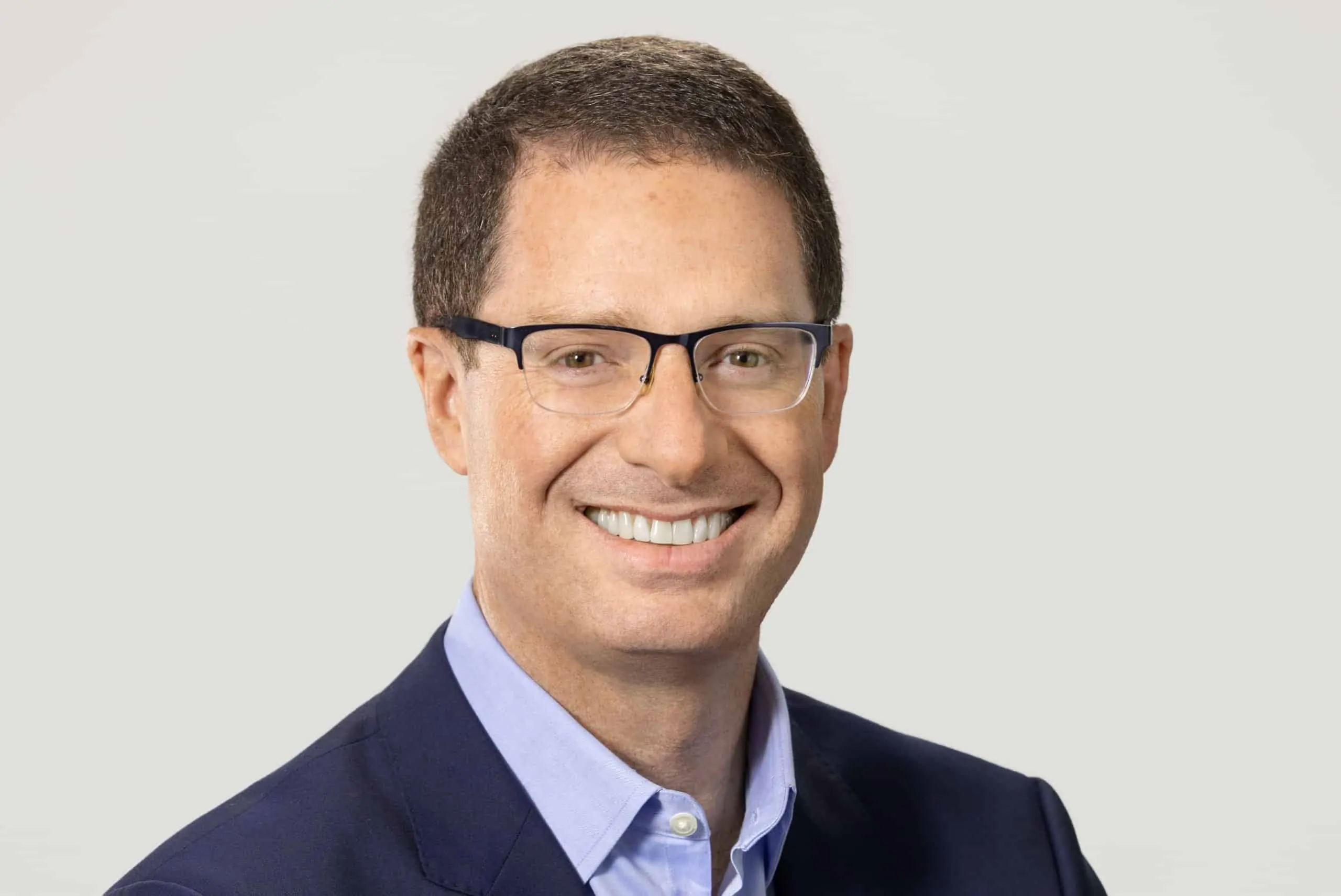Brian Brooks, the current Acting Comptroller of the Currency in the United States, says that some of the fundamental services of commercial banking, such as bank deposits, have no future in the face of developments driven by blockchain technology.
Speaking at the annual discussion forum on financial technology policies and innovation, DC Fintech Week, which is currently underway, the OCC's Acting Comptroller of the Currency (Office of the Comptroller of the Currency), Brian brooks, argued that he does not believe that the primary function that banks currently perform, receiving bank deposits, will survive the decentralization driven by blockchainAccording to the official, commercial banking will not disappear, but this function, which is considered essential within the services offered by these entities, will be replaced in the new digital era, where it is already beginning to become evident that the role of banks in keeping our money is neither indispensable nor necessary.
“In a pre-technology era, we needed a place to store all the money and be efficient at delivering all those services.”
The advent of blockchain technology is evolving and revolutionizing our world, including banking and financial services. Brooks, who has shown himself to be a staunch believer in decentralization since assuming his role as Acting Comptroller this year, served as Director of Legal at Coinbase, one of the largest blockchain companies in the world. exchanges de cryptocurrencies, most popular today. In addition, in several public interventions and statements, Brooks has expressed his pro-crypto attitude, pointing out that digital and payment infrastructures driven by new technologies are better options to keep our money, and escape the "central bank monopoly on payment systems."
It may interest you: The US Fiscal Service Bureau continues its foray into blockchain technology
Giving way to technological evolution
Brooks noted that banks' deposit-taking services may cease to exist simply because technological evolution allows us, as citizens and individuals, to handle, manage and store our own money. The OCC official even argued that these banking services would suffer a similar fate to that of the postal service, which was left behind with the creation and development of email; a technological innovation that came to revolutionize this service and simplify the way in which we send letters, written messages and other documents around the world.
Today, technological advances allow anyone to send or receive money from an internet-connected device, regardless of whether or not they have a bank account. Brooks said the aggregation function of banks is losing ground and meaning to technology, which is replacing this need in society. However, the Acting Comptroller also noted that banks will play a key role in providing value-added services, as custodians of physical assets, and as issuers of their own digital currencies.
“I think banks are great for value-added services. They are great for advice, for fiduciary matters, for the custody of physical assets.”
Brooks argued that these entities must leave aside the role they have inherited for decades and adopt the new technological developments of our era, with a transformative approach that allows them to focus on creating and providing new financial services that provide real value to society and, therefore, produce greater profits.
Risks and rewards
The Interim Comptroller also pointed out that unfounded fears about current technological developments should be put aside, since it is normal to feel fear of new technologies and innovations, but it is also appropriate to evaluate the great benefits and advantages that these can bring to the current financial and banking system.
Brooks stressed that the risks implicit within the conventional financial and banking system, such as money laundering, interest rate friction and chargebacks, are not an impediment to its continued implementation, so he considers it prudent to evaluate the net risks associated with blockchain technology and cryptocurrencies, without sentencing the digital transformation before knowing, studying or understanding it. Previously, Brooks had expressed their desire to see commercial banks directly connected to blockchain networks, to harness their full potential for payment networks and for issuing their own digital currencies.
This year, the banking sector regulator authorized commercial banks to provide custody services for cryptocurrencies and stablecoins, as a significant step in the adoption of new services that allow the banking system to evolve and not remain stuck in the past.
About DC Fintech Week
DC Fintech Week is the annual forum held with major players in the financial industry to discuss financial technology policies to be implemented in the industry. This event is usually held in Washington DC, United States, but this year it is taking place virtually due to the current situation caused by the COVID-19 pandemic. DC Fintech Week is a space for all leaders of Fintech projects and other technological innovations, such as cryptocurrencies and digital assets, to express their views and opinions to the world's leading regulators and legislators. In addition, DC Fintech Week is also one of the few spaces that allows the public to engage in collective dialogue with senior officials from the Bank for International Settlements (BIS), the United States Department of the Treasury, and the Securities and Exchange Commission (SEC).
This year, the virtual event that kicked off on October 19 and runs through October 22 is bringing together industry leaders, partners, and representatives from across the industry, from Amazon to Zcash. Since its founding in 2017, DC Fintech Week has sought to democratize information and enable everyone, from nonprofits and technologists to entrepreneurs and regulators, to engage in meaningful dialogue about fintech and the future of finance. Discussions and talks held during the event cover topics of interest such as crowdfunding, online lending, cryptocurrencies, cybersecurity, artificial intelligence, open banking, and many more.
Continue reading: OCC: US regulator authorizes banks to hold reserves in stablecoins




